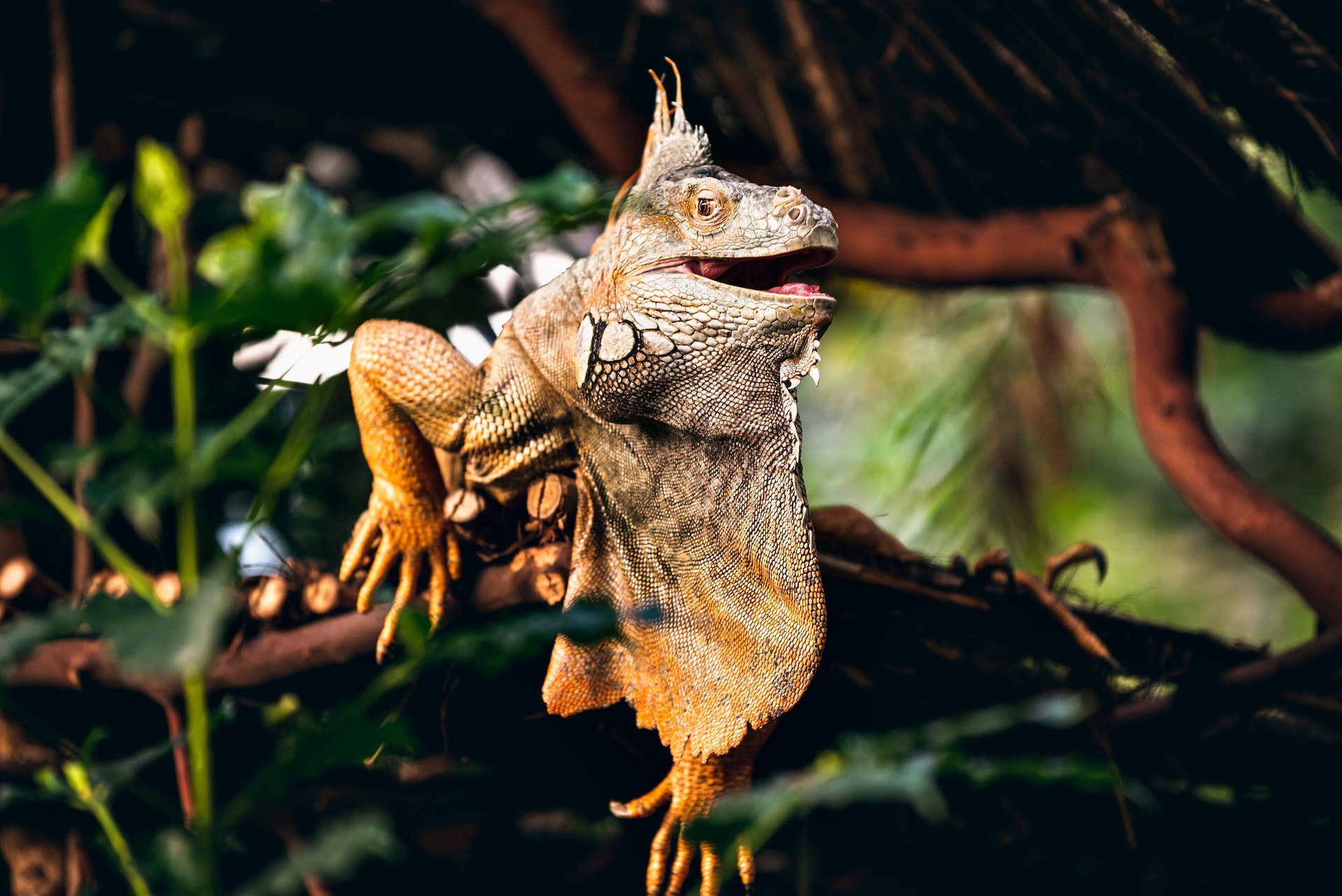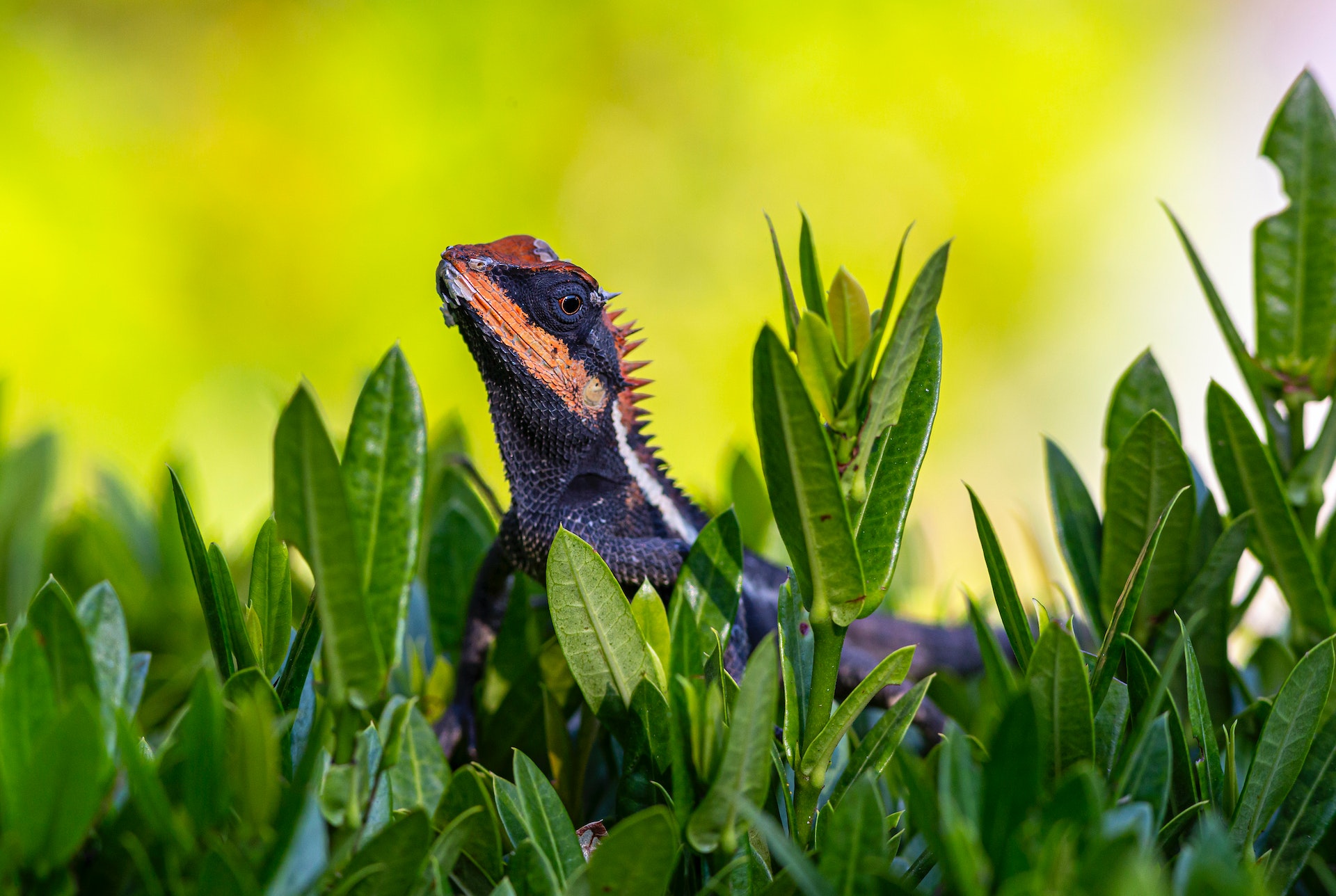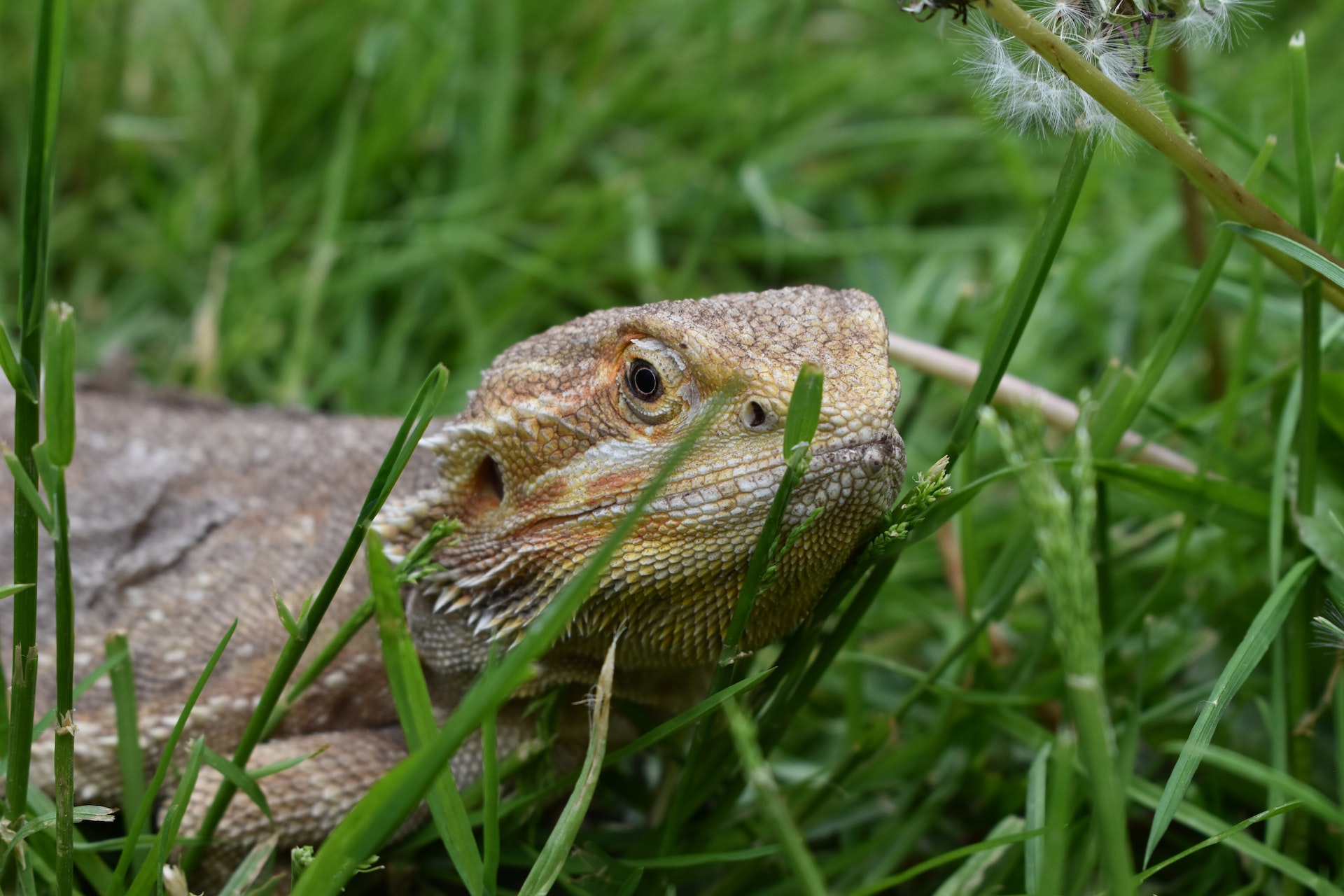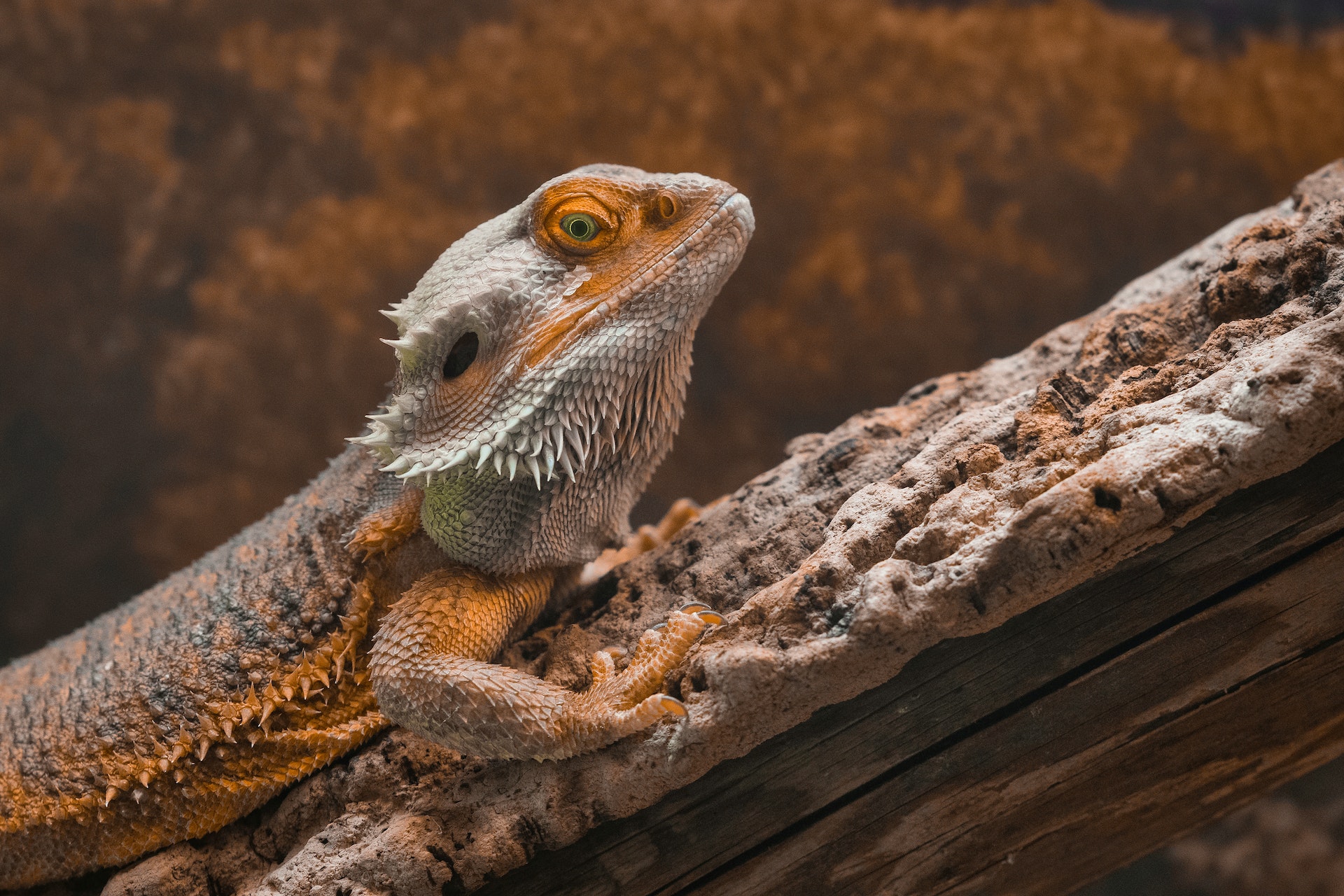Lets explore and study about Bearded Dragon Preventative Care: What You Need to Know. Bearded dragons are popular pets that require proper care and attention to ensure their health and wellbeing. While providing a balanced diet and a clean environment is crucial, there are also preventative measures that owners can take to keep their bearded dragons healthy. In this article, we will discuss the importance of preventative care for bearded dragons and the steps that owners can take to maintain their dragon’s health.
Tips for bearded dragon preventative care that you need to know
1. Creating a Suitable Habitat
A well-designed habitat is the foundation of preventative care for bearded dragons. Provide an enclosure that mimics their natural environment, with adequate space for movement, appropriate temperature gradients, and access to UVB lighting. Ensure proper ventilation and maintain ideal humidity levels to prevent respiratory issues. Regularly clean and disinfect the enclosure to minimize the risk of bacterial or parasitic infections.
2. Temperature and Lighting
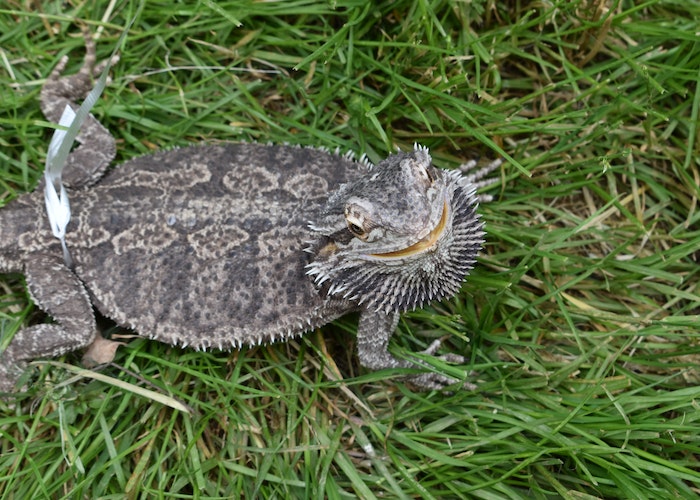
Maintaining optimal temperature and lighting conditions is crucial for the health and well-being of your bearded dragon. Establish a temperature gradient within the enclosure, providing a basking spot with a temperature of 95-105°F (35-40°C) and a cooler area around 75-85°F (24-29°C). Proper UVB lighting, for at least 10-12 hours a day, facilitates vitamin D3 synthesis and aids in calcium absorption, reducing the risk of metabolic bone disease.
3. Regular Veterinary Check-Ups
Regular check-ups with a reptile veterinarian are essential for bearded dragons. These check-ups can help to identify health issues early on and prevent them from becoming more severe. During these check-ups, the veterinarian will perform a physical examination and may recommend blood work or other tests to ensure that your dragon is healthy. Regular veterinary check-ups and wellness exams are crucial components of preventative care. Find a reptile-savvy veterinarian who can perform thorough examinations, provide vaccinations if necessary, and address any health concerns. Wellness exams typically include a physical assessment, fecal examinations, and discussions about diet, habitat, and overall care. Regular check-ups help detect early signs of illness and ensure timely intervention.
4. Nutrition and Feeding Practices
A balanced and nutritious diet is essential for preventative care. Offer a variety of gut-loaded insects, such as crickets, roaches, and mealworms, as well as dark leafy greens like collard greens and mustard greens. Avoid foods that are high in oxalates, such as spinach, as they can hinder calcium absorption. Dust insects with a calcium supplement to ensure adequate intake. Implement portion control and maintain a feeding schedule appropriate for your dragon’s age and size.
5. Proper Environment

Bearded dragons require a clean and comfortable environment to thrive. Owners should provide a spacious enclosure with appropriate heating and lighting. Regular cleaning and disinfecting of the enclosure, as well as providing proper substrate, are also important to prevent the spread of disease.
6. Parasite Prevention
Parasites, such as mites and ticks, can infest bearded dragons and cause health issues. Owners should take preventative measures, such as regular cleaning and disinfecting of the enclosure, to prevent parasites from infesting their dragon. Additionally, providing proper nutrition and supplements can help to boost their immune system and prevent parasite infestations.
7. Hydration
Proper hydration is important for the overall health of bearded dragons. Owners should provide a shallow dish of fresh water at all times and ensure that their dragon is drinking enough water. Owners can also provide a humid hide or a shallow water dish for their dragon to soak in to help prevent dehydration.
8. Observation and Early Intervention
Owners should observe their bearded dragons daily to monitor their behavior and look for any signs of illness. Early detection of health issues can help prevent them from becoming more severe. Signs of illness include lethargy, loss of appetite, and unusual behavior. Being observant and proactive is essential in preventing potential health issues. Regularly monitor your bearded dragon’s behavior, appetite, and physical appearance. Look out for signs of stress, changes in eating patterns, abnormalities in waste, or any unusual symptoms. If you notice anything concerning, consult your veterinarian promptly to address the issue before it escalates.
Conclusion
In conclusion, preventative care is essential for the health and wellbeing of bearded dragons. Regular veterinary check-ups, providing a proper environment, parasite prevention, hydration, and observation are all important steps that owners can take to maintain their dragon’s health. Bearded dragon preventative care is an ongoing commitment that greatly contributes to their overall health and well-being. By providing a suitable habitat, maintaining proper temperature and lighting, ensuring a balanced diet, practicing regular handling and socialization, scheduling veterinary check-ups, and ensuring a safe environment, you can minimize health risks and give your scaly friend the best possible care. Remember, preventative measures are key to a long and fulfilling life for your bearded dragon. By following these guidelines, owners can help their bearded dragons live long and healthy lives.
